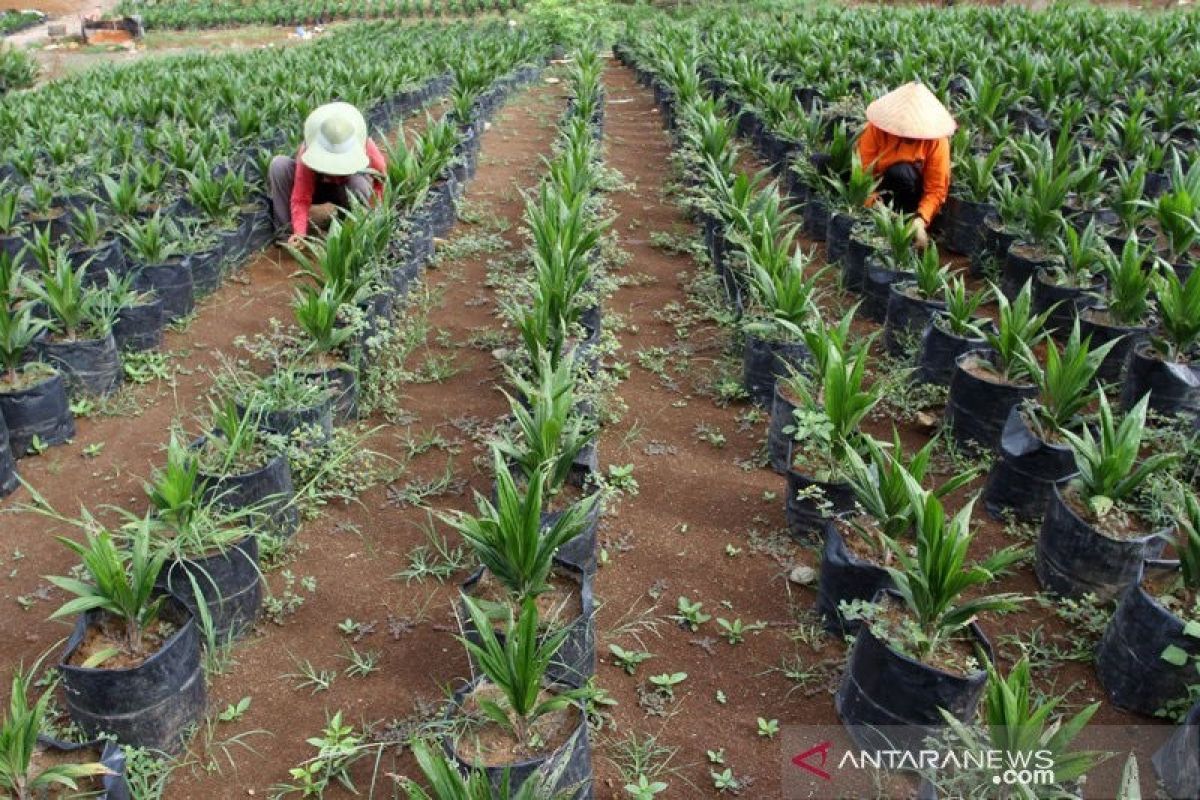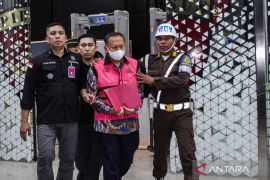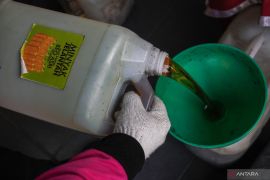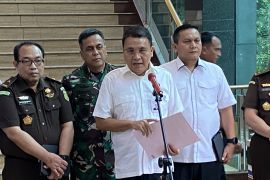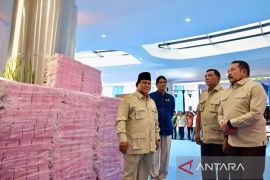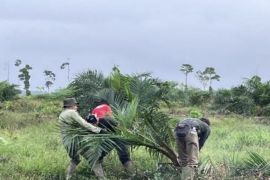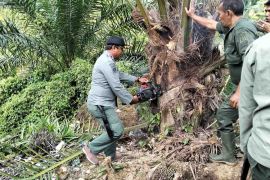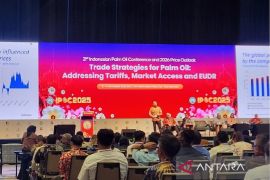Deputy Minister of Agriculture Sudaryono said on Thursday that this technology is used before palm oil seeds are sown, enabling industry players to assess the quality of the resulting fruit.
"Before planting, seeds are first inspected to verify their quality," he explained.
He added that through this technology, the ministry will also establish standardization and certification for high-quality palm oil seeds in partnership with a laboratory in Medan, North Sumatra.
This initiative is part of research and development efforts to produce palm oil varieties that are disease-resistant and high-yielding.
"Although standardization and certification are in place, counterfeit seeds are still being sold with false quality claims," he noted.
Sudaryono mentioned that the ministry will collaborate with the Indonesian Palm Oil Entrepreneurs Association (Gapki) to ensure effective implementation of this policy in the field.
The ministry also plans to improve palm oil quality at the farmer level by providing technical assistance and training to support smallholder productivity.
In 2023, Indonesia's crude palm oil (CPO) production reached 47.08 million tons, with 23.98 million tons exported.
Sudaryono emphasized that the palm oil industry is not only a significant source of national revenue but also provides employment to more than 16 million people.
Related news: Govt focuses on intensification to increase CPO production
Related news: Indonesia's palm oil sector value may touch Rp775 trillion: minister
Translator: Ahmad Muzdaffar Fauzan, Cindy Frishanti Octavia
Editor: Anton Santoso
Copyright © ANTARA 2024
